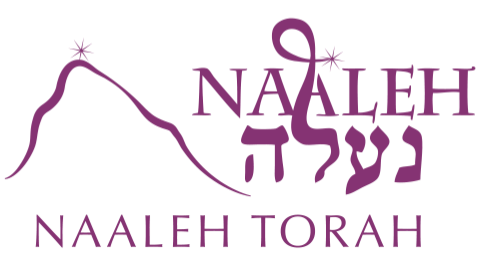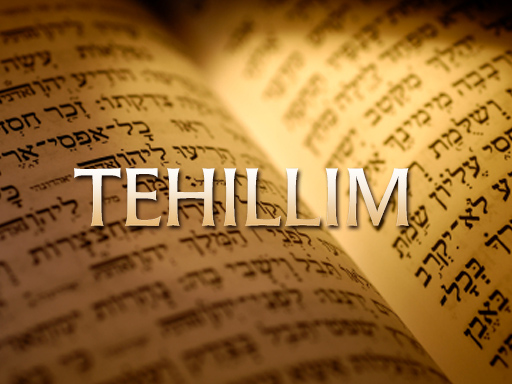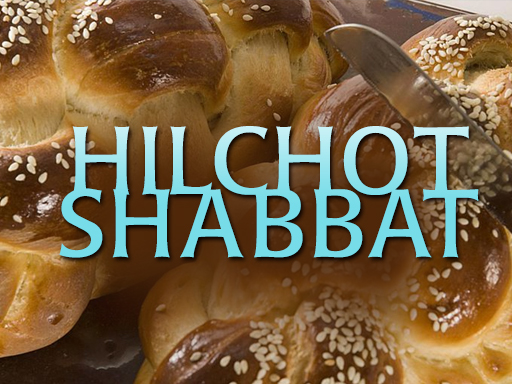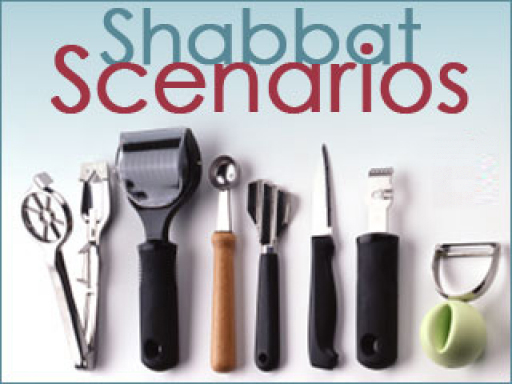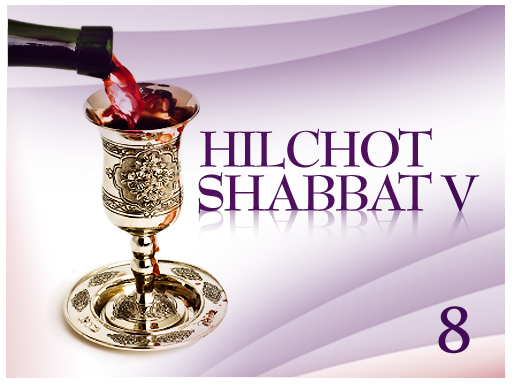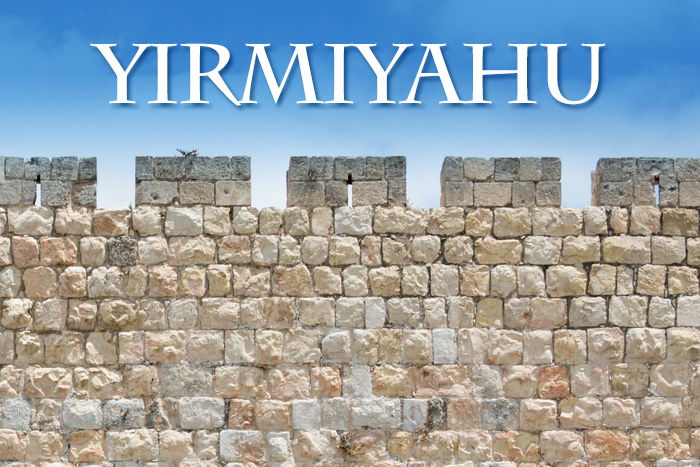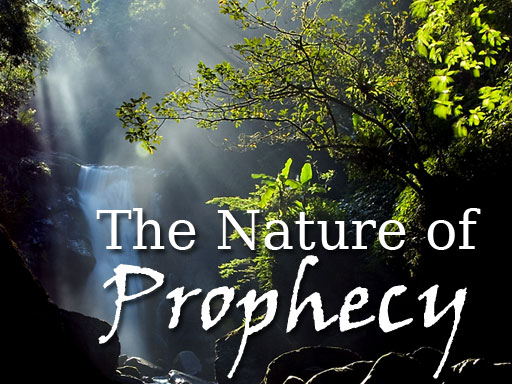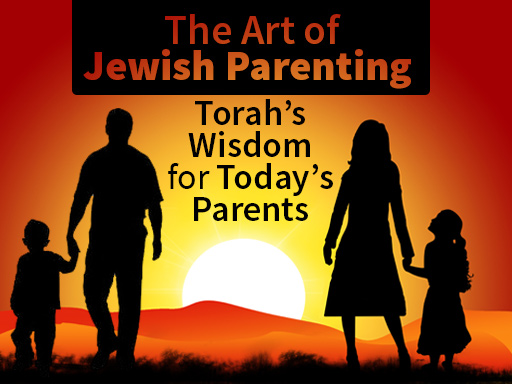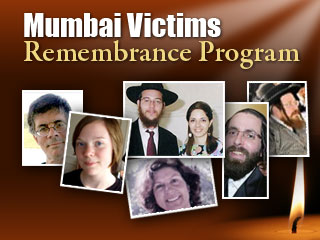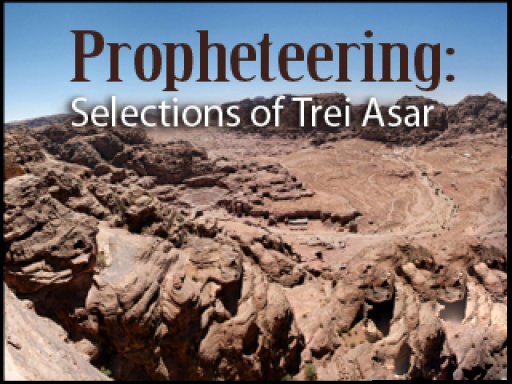Perek 95, Part II
Posted onIn this class on chapter 95 in Tehillim, Rabbi Avishai David discusses the overall structure of this mizmor and the following chapter’s, which form a part of the Kabbalat Shabbat prayers said on Friday night. Specifically regarding this mizmor, Rabbi David discusses the two segments of the chapter as being universal to mankind and particular to the Jewish people, and examines the difference between the anger of Hashem after the Sin of the Meraglim, the Spies, and the Anger of Hashem after the Sin of the Eigel, the Golden Calf.
